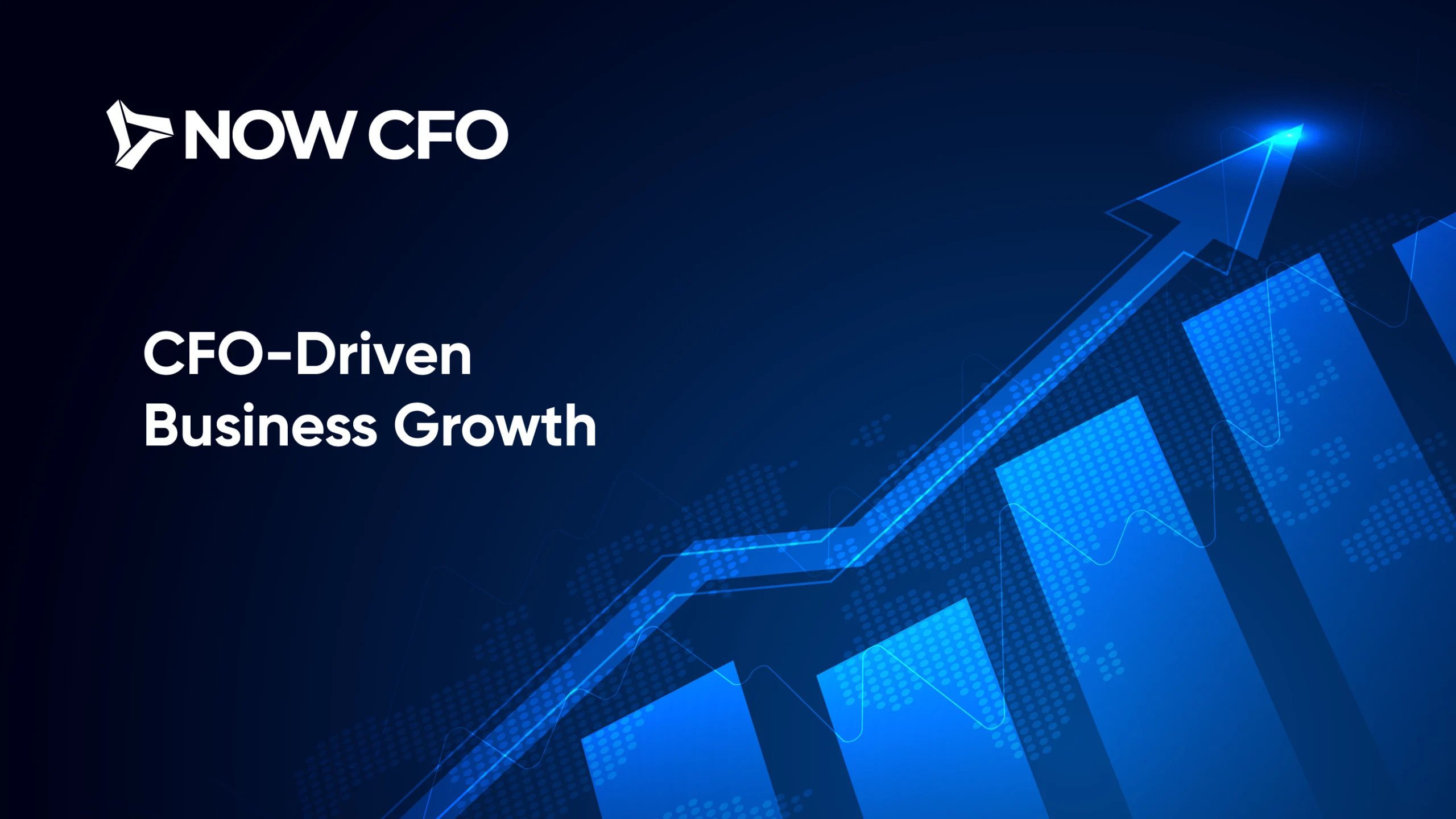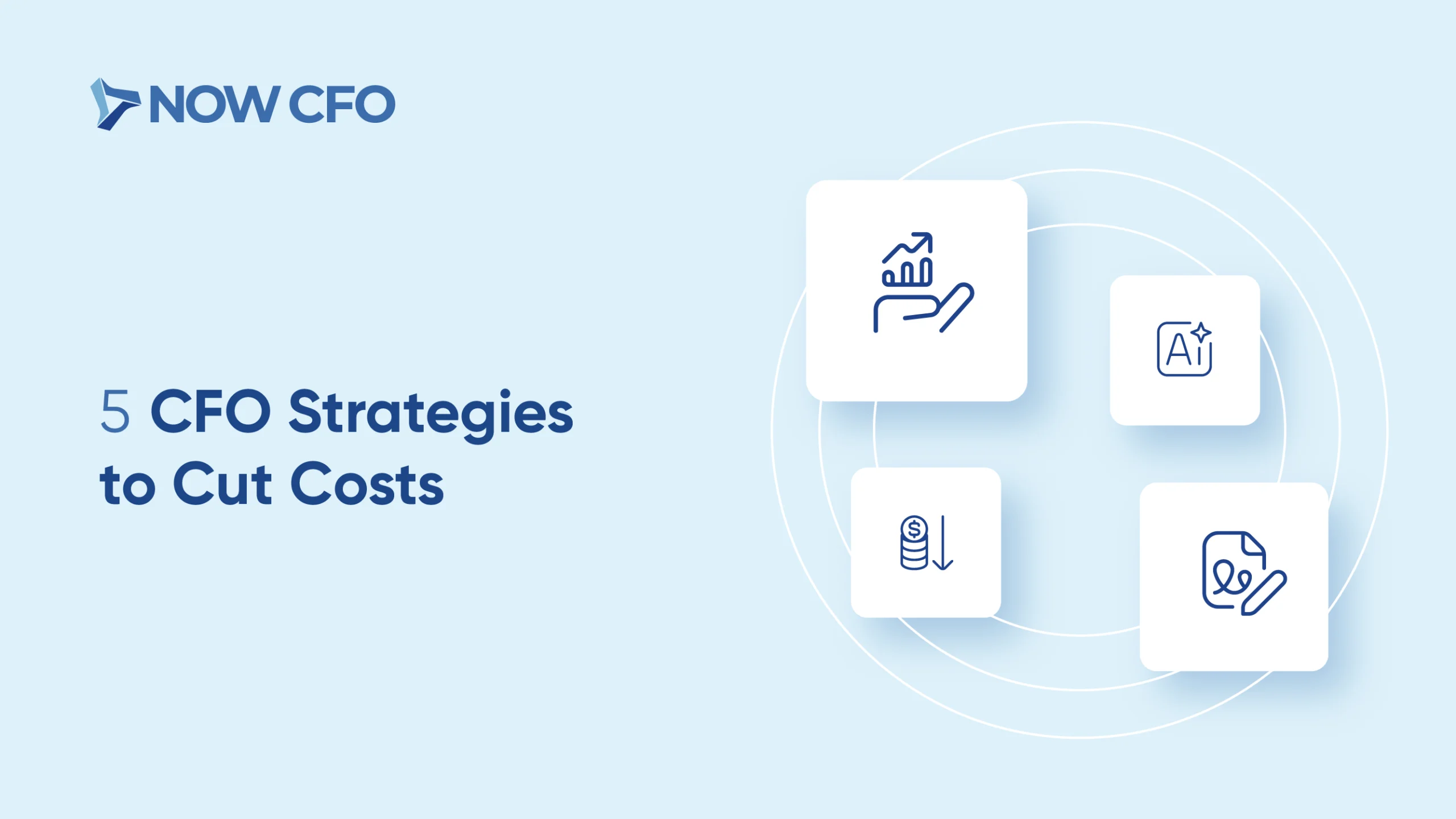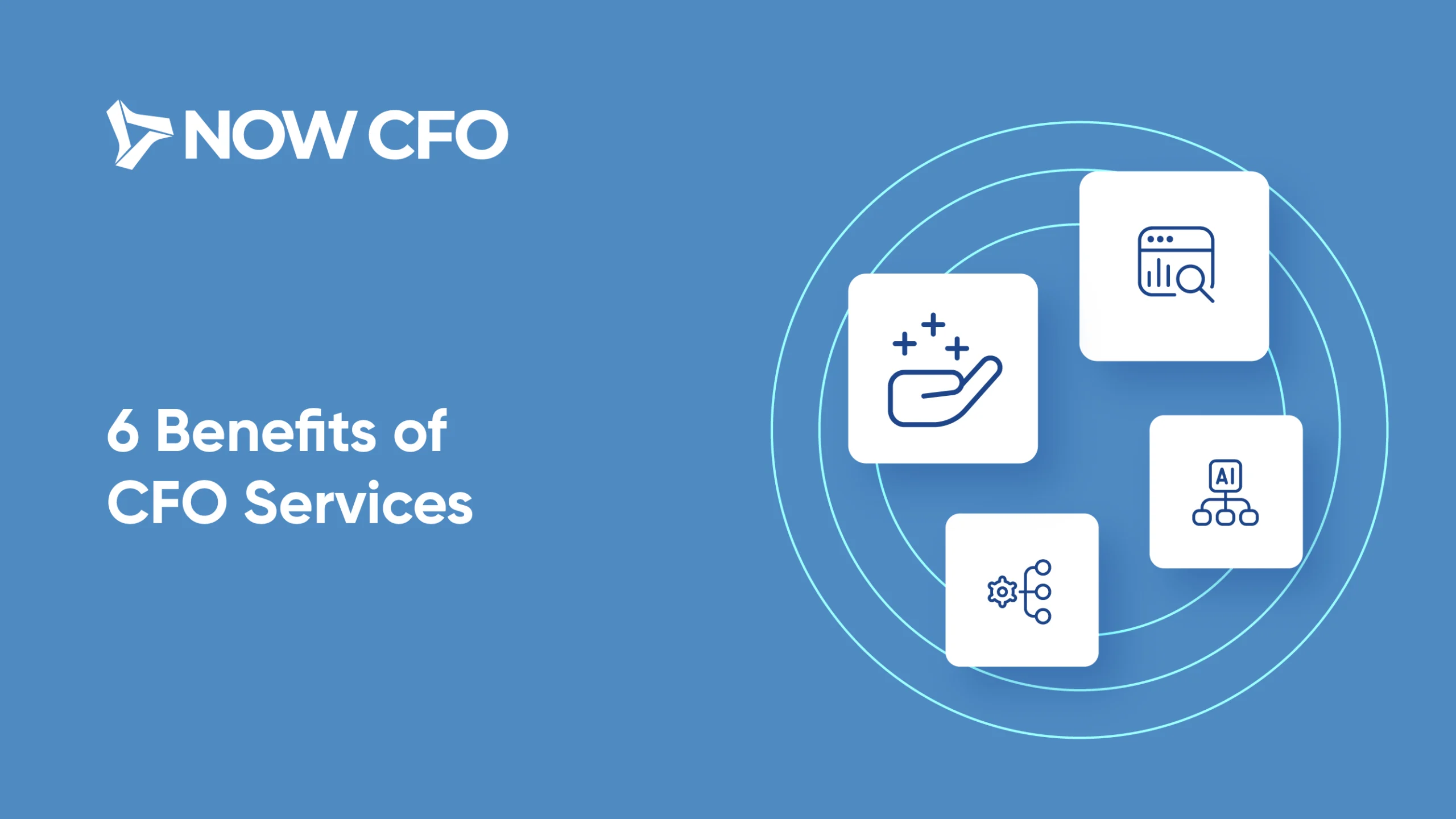
What is a CFO?
A Chief Financial Officer (CFO) is the highest-ranking member of an accounting and finance staff. They serve as a key player in the Chief Executive Officer’s (CEO) and the Chief Operating Officer’s (COO) decision-making process, ensuring that a company’s financial forecast can support that company’s goals.
A qualified CFO generally has a bachelor’s degree in Accounting, Finance, Economics or Business from an accredited university. As well as a Master of Business Administration (MBA) and is a Certified Public Accountant (CPA). Most sitting CFOs have ten or more years of experience in the finance and accounting industry and experience managing a division or large team.
What does a CFO do?
Most of a CFO’s responsibilities can be broken down into three basic categories: administrative tasks, future financial planning and financial management.
Administrative Tasks
As a member of the executive team, a CFO has certain administrative responsibilities. In a publicly-traded company, the CFO is responsible for keeping members of the Board of Directors aware of the company’s financial status. They also update the Board of Directors’ audit committee, any shareholders in the company and any applicable investment partners.
The CFO is responsible for filing annual reports with the Securities and Exchange Commission (SEC). In so doing, ensuring that the company is compliant with the SEC’s regulations for publicly traded companies.
In both public and private companies, the CFO is responsible for providing the other executives with clear, accurate financial reports that enable smart decision-making and better business practices.
Future Financial Planning
A CFO focuses primarily on the financial future of a company. When the executive team sets goals for the future of the company, the CFO makes sure that the company’s finances can support that future.
It falls to the CFO to track the progress of the executive team’s goals. Also, to guarantee they can come to fruition by implementing financial strategies. Every strategy requires its own development, metrics and monitoring. Because of constant agility and teamwork with the rest of the accounting staff and executive team.
Just having a strategy for the future isn’t enough, though.
Often, planning for the future is accompanied by a significant amount of risk. A CFO is responsible for managing that risk. They do this by understanding and doing everything they can to mitigate key elements of the company’s risk profile. Including monitoring industry-wide legal developments, because this could affect the long-term goals of the company or the way the company operates to ensure constant regulatory compliance; reconciling the financial reports of the controller and accounting staff for constant accuracy and establishing reliable systems for reporting and recordkeeping.
Financial Management
Another major component of a CFO’s duties is financial management. The CFO is the frontline for presenting financials prepared by the accounting department and financial controller and interpreting the implications for the financial future of the company.
It falls to the CFO to analyze things like the liquidity of a company (i.e. debt, equity). As well as, the return on investment and return on equity monthly, quarterly and annually to guarantee that the company’s future-looking strategies are attainable and ultimately successful.
When a company is looking for investors and other sources of funding, the CFO is responsible for finding the investors. Ultimately keeping those investors updated on the company’s progress using those funds. This means that the CFO is also in charge of cash flow and cash flow forecasting, both with revenue and any applicable investor funds.
When does a company need a CFO?
A company that doesn’t already have a CFO, there are a few occurrences that would trigger the need for one. Not all these triggers require a full-time CFO. A company may opt to hire a fractional CFO consultant on a part-time basis to fill the need.
Acquiring Investment Capital
Investors like to be kept aware of the financial situations at companies they have invested in. A CFO acts as the point of communication between the executive team and the investors, keeping them abreast of the progress of their investment. CFOs often have a network of investors at the ready when a company needs a transfusion of investment capital.
New Products, Models, Services, etc.
The introduction of a new product or service to a company’s service menu can prove to be a disruptive change. A CFO will manage the integration and monitor the economic implications of the shift to either maintain the company’s standing or improve it.
Rapid Growth
In periods of rapid growth, any automated systems need to be updated and expanded to accommodate the growth. Budgeting and cash flow forecasting get more complicated. Because it’s difficult to interpret how much equity a company will have in the long run. A CFO is adept at understanding common market trends and can help put together effective forecasts and strategies to accommodate the new growth.
Mergers & Acquisitions
In most mergers and acquisitions, a company will outsource to complete the due diligence process. An outsourced CFO will interpret the data from the due diligence committee and ensure that the M&A process goes smoothly by anticipating and answering investor or lender questions. They’ll also adjust the terms of the agreement in accordance with the due diligence report’s findings. This will shorten the merger and acquisition negotiation process and assert good faith.
Low Profitability
Chief Financial Officers come to a company equipped with strategies for controlling costs and improving productivity. These strategies will help jumpstart a company’s profitability. Their oversight and management of the accounting and finance departments will yield visibility into which departments are dragging down profitability. Through careful evaluation, the CFO can determine if there are any bottlenecks in production or workflow. These may solve any operational expenses that are unnecessary and more.
Strategic Development
A company’s CEO and CFO work in tandem to ensure that every strategy the executive team sets out to implement. This can be financially supported either using the company’s equity or with investment capital. So this keeps the company’s strategy grounded in feasibility and keeps risk low.
Financial Model Development
With every new strategy comes a financial model that guarantees the strategy’s success. This includes investing in people and systems to support peak productivity and scalable support processes. A CFO’s responsibilities also include establishing these models as part of their long-term forecast.
Financial Visibility
A CFO will regularly perform check-ups on the progress of the forecasts. But also, enforce policies and processes to keep those forecasts and strategies on track. Using the detailed financial reporting a CFO provides, the executive team can maintain a sound decision-making process. Financial visibility leads to better accuracy, more efficiency and effective strategizing.
Is a CFO right for your company?
Often, employing a full-time CFO is not a sustainable option for a company. Instead, many companies will turn to outsourced CFO services and hire a fractional, outsourced CFO to fill the role. Hiring a fractional CFO will get your company all the benefits and expertise of a full-time Chief Financial Officer, without the full-time price tag.
What is a CFO? They’re not just the highest-ranking member of an accounting and finance department, they’re a company’s agent of change.
Get Your Free Consultation
Gain Financial Visibility Into Your Business
We provide outsourced CFO, fractional CFO, and temporary CFO, Controller, and operational Accounting services that suit the needs of your business.
- Hourly Rates
- No Hidden Fees
- No Long Term Requirements
NOW CFO provides the highest level of expertise in finance and operational accounting to accelerate results and achieve strategic objectives for sustainable growth and success.
After completing the form, a NOW CFO Account Executive will reach out and learn more about your needs so that we can pair you with the right Partner.
Learn More: The Role of an Interim CFO














